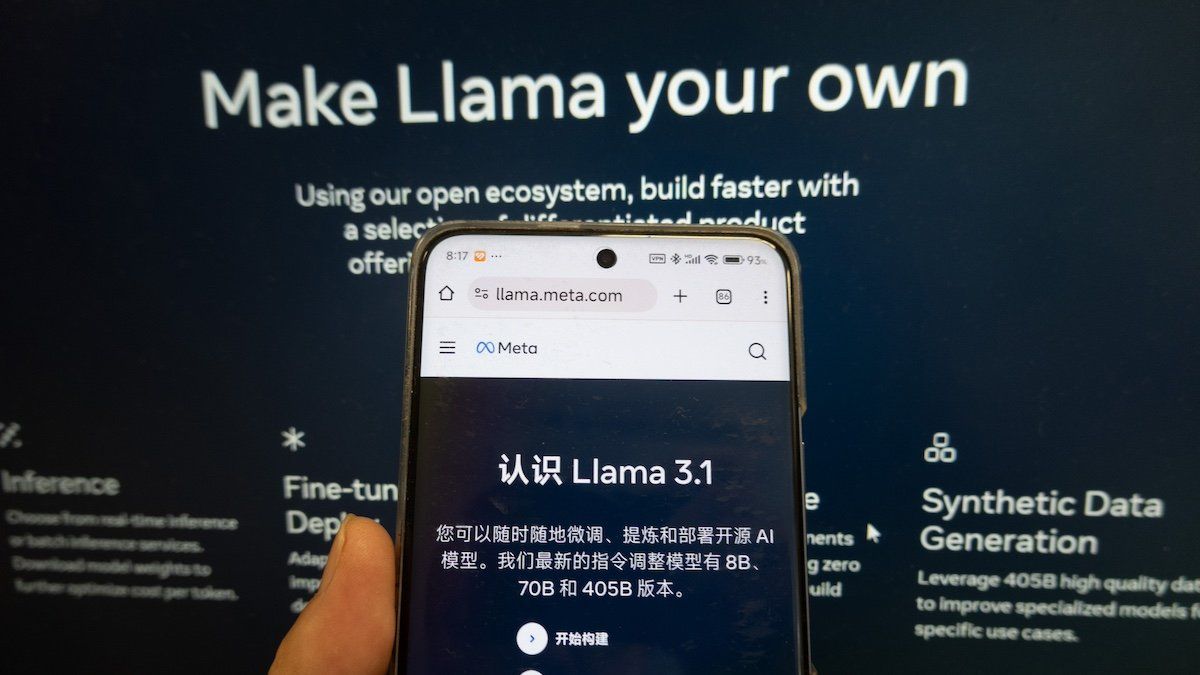Open-source AI developers say that their models can spark greater future innovation, but there’s intra-industry squabbling about what truly constitutes an open-source model.
Now, there’s a new definition, courtesy of the nonprofit Open Source Initiative, which released the new guidelines on Aug. 22.
The new definition requires that a model’s source code, parameters, and weights (technical details of the models) need to be freely available to the public, along with general information about training data so individuals can recreate a similar model. (It doesn’t mandate a full release of a model’s precise dataset.)
There’s been an ongoing squabble in tech circles as to what’s a proprietary model and what’s truly open-source. While OpenAI’s GPT models and Anthropic’s Claude models are clearly proprietary, some companies such as Meta with its Llama series have branded themselves as open-source. Critics have suggested that Llama isn’t truly open-source because of Meta’s license restrictions dictating how third-party developers can use its models and because it doesn’t disclose its training data. On that latter point, in particular, it appears Llama would fall short of the OSI definition of open-source.
Perhaps, a more precise definition of open-source can hold industry players accountable to their marketing promises, urge design that’s more favorable to third-party developers hungry to innovate, and boost transparency in a set of technologies where black boxes are the norm.
